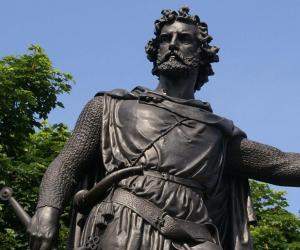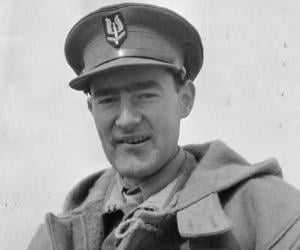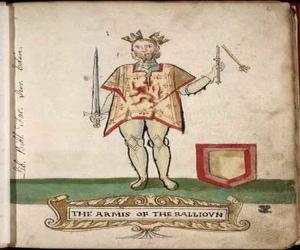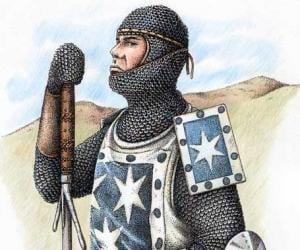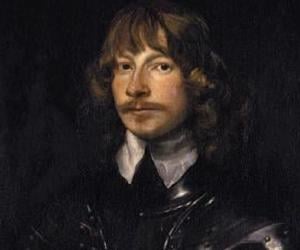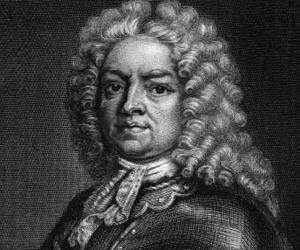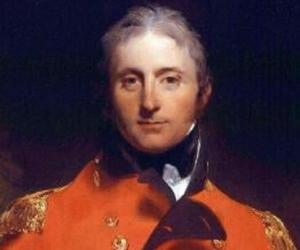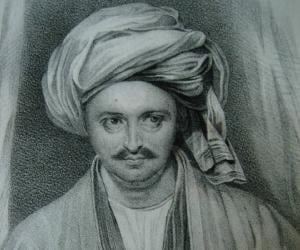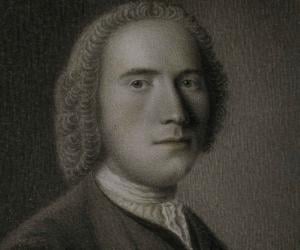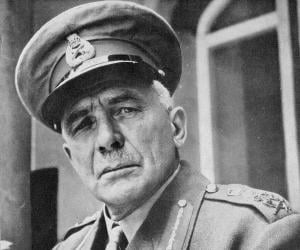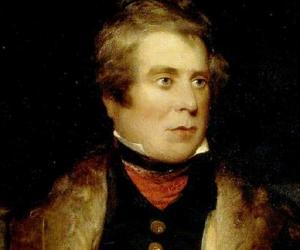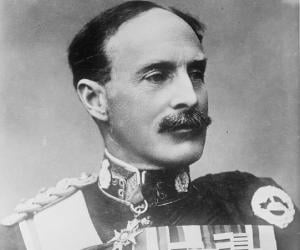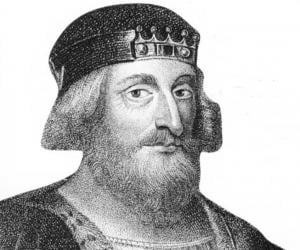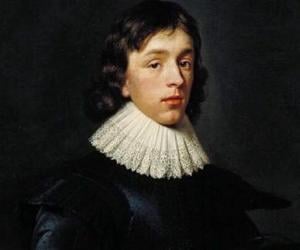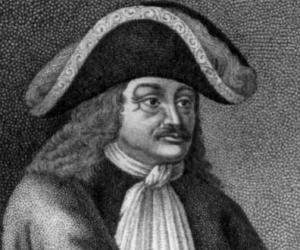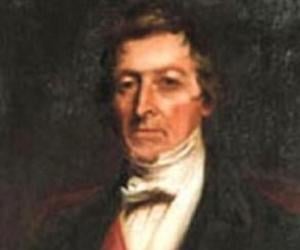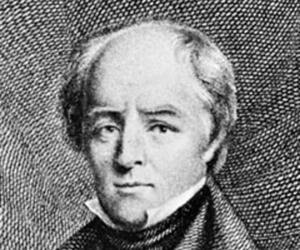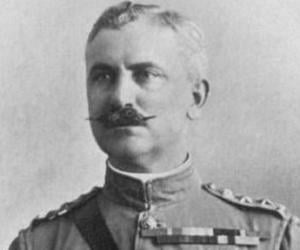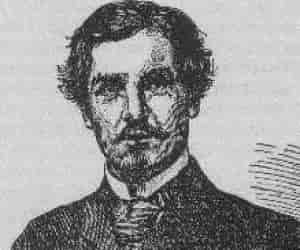1
William Wallace
(Scottish Knight Who Became One of the Main Leaders During the First War of Scottish Independence)
Birthdate: April 3, 1270
Sun Sign: Aries
Birthplace: Elderslie, Renfrewshire, Scotland
Died: August 23, 1305
William Wallace was a Scottish knight who played a crucial role in the First War of Scottish Independence. He, along with Andrew Moray, achieved a significant victory against the English at the Battle of Stirling Bridge in 1297. Wallace was appointed Guardian of Scotland but faced defeat at the Battle of Falkirk in 1298. He was captured by the English in 1305 and executed for high treason. Wallace's legacy has been immortalized in various literary works and films, cementing his legendary status in history.
